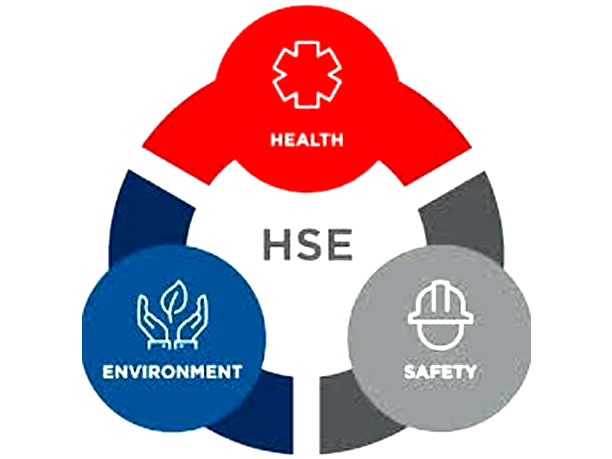
In Nigeria, the importance of health and safety standards cannot be overstated. With a rapidly growing economy and diverse industries, ensuring the well-being of workers and the general public is paramount. Various organizations and regulatory bodies in Nigeria are dedicated to setting, promoting, and enforcing health and safety standards. This article provides an overview of the primary health and safety standards and the organizations responsible for their implementation in Nigeria.
1. Standards Organization of Nigeria (SON)
Role: SON is the primary standard body in Nigeria, responsible for standardizing and regulating the quality of products, processes, and services.
Health and Safety Standards: SON develops and promotes standards related to health and safety, including those for personal protective equipment, machinery, and industrial processes.
2. Department of Petroleum Resources (DPR)
Role: DPR oversees the oil and gas industry in Nigeria, ensuring compliance with safety and environmental regulations.
Health and Safety Standards: They set guidelines for safe drilling, transportation, and refining of petroleum products. They also ensure that oil and gas companies adhere to international safety standards.
3. Federal Ministry of Labour and Employment
Role: This ministry is responsible for labor administration, including occupational health and safety.
Health and Safety Standards: They set and enforce standards for safe working conditions, workers’ welfare, and protection against occupational hazards.
4. National Environmental Standards and Regulations Enforcement Agency (NESREA)
Role: NESREA is responsible for enforcing environmental laws, guidelines, policies, and standards in Nigeria.
Health and Safety Standards: They ensure that industries operate in an environmentally friendly manner, which indirectly promotes health and safety by preventing environmental hazards.
5. Nigeria Centre for Disease Control (NCDC)
Role: NCDC is the country’s national public health institute, responsible for disease control and prevention.
Health and Safety Standards: They set guidelines and standards for the prevention and control of infectious diseases, ensuring public health safety.
6. National Industrial Safety Council of Nigeria (NISCN)
Role: NISCN is a non-governmental organization dedicated to promoting industrial safety in Nigeria.
Health and Safety Standards: They provide training, research, and consultancy in the field of industrial safety, ensuring that industries adhere to best practices.
7. Nigeria Institute of Safety Professionals (NISP)
Role: NISP is a professional body that promotes the practice of safety professionals in Nigeria.
Health and Safety Standards: They offer training and certification for safety professionals, ensuring that they are equipped with the latest knowledge and skills in the field.
8. Factory Act of Nigeria
Role: This legislative act governs the health, safety, and welfare of workers in factories across Nigeria.
Health and Safety Standards: The act outlines the responsibilities of factory owners, ensuring that they provide safe working conditions, proper machinery maintenance, and adequate training for their employees.
Conclusion
Nigeria’s commitment to health and safety is evident in the myriad of organizations and regulatory bodies dedicated to the cause. These entities work collaboratively to ensure that industries operate safely, workers are protected, and the general public remains safe from potential hazards. As Nigeria continues to grow and evolve, the role of these organizations in upholding and advancing health and safety standards remains crucial.
